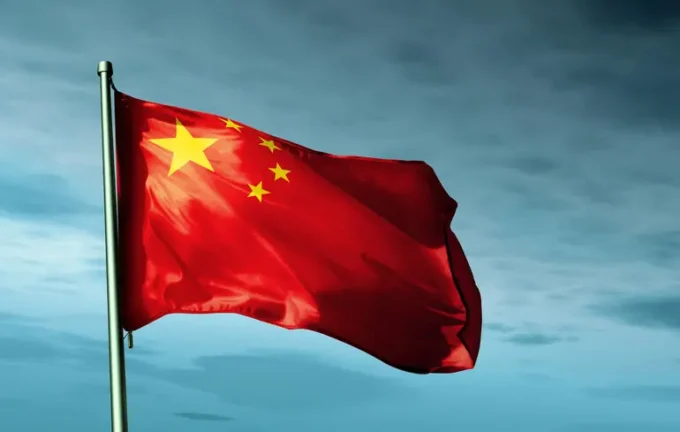China Voices Sharp Criticism Over US-Vietnam Trade Deal: Beijing’s Strategic Silent Protest

Amid the recent trade agreements between the United States and Vietnam, Beijing has expressed considerable concern, signaling its dissatisfaction with the evolving geopolitical and economic landscape. China views the deal as part of a broader strategy by Washington to counteract Beijing’s influence by leveraging Vietnam as a transit hub to bypass tariffs and restrictions on Chinese exports. Official statements from the Chinese Ministry of Commerce indicate that they are currently evaluating the implications of the US-Vietnam trade pact, warning that any actions detrimental to China's interests will be met with firm countermeasures. The agreement reduces tariffs on Vietnamese exports from an initial 46% to 20%, but maintains a 40% duty on re-exports, which experts suggest could be exploited to undermine Chinese economic interests. Analysts see this move as beyond mere economic policy—it is a politically motivated effort to contain China's expanding influence in the region. Many Southeast Asian nations have benefited during the US-China trade war by developing alternative manufacturing and export centers to evade American tariffs, which has bolstered their economic standing. Strategically, these bilateral agreements are perceived as part of a larger geopolitical tug-of-war. China perceives Washington’s actions as provocative, aiming to limit Beijing’s access to global supply chains. Experts warn that such trade deals could trigger renewed escalation in US-China tensions, especially concerning control over critical technologies, rare earth metals, and export restrictions on advanced machinery like semiconductors. Long-term, the US appears to be constructing a network of aligned nations that fragment China's supply routes, fostering a shift toward more reliable and controlled global supply chains devoid of Chinese dominance. This shift threatens China’s economic stability and geopolitical stature, signifying a broader reorganization of international trade dynamics that could have profound impacts on the world economy in the coming years.

